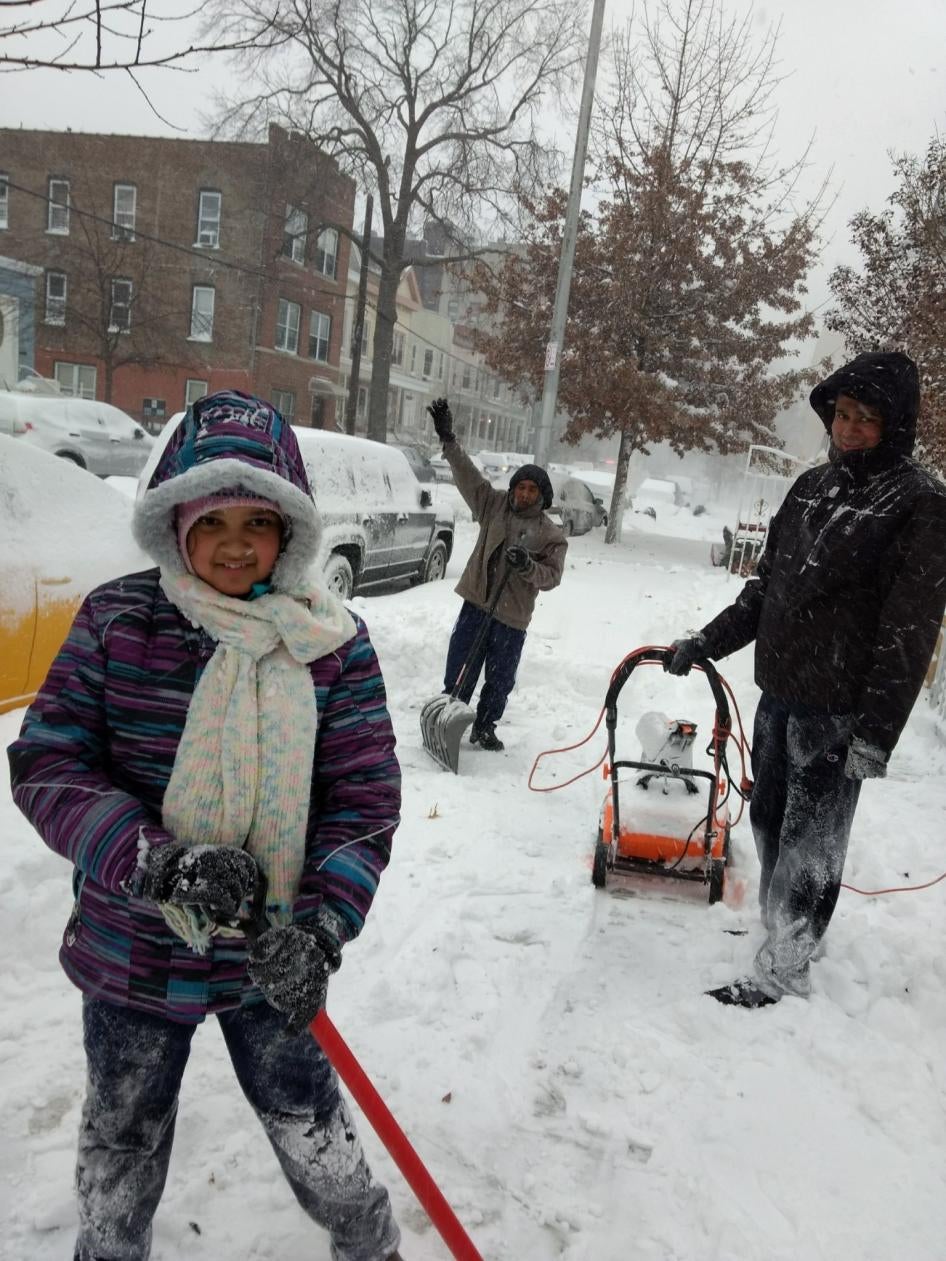As pandemic-era provisions expire, millions of people in the United States will lose their health insurance as states begin to purge people from Medicaid.
Medicaid, with its free or low-cost care, is a lifeline for more than 90 million people who otherwise couldn’t pay the exorbitant costs of health care plans and premiums.
My family is among them, and I’ve seen its positive impact firsthand. Since 2004, my father has received weekly physical therapy for fibromyalgia and osteoporosis, which weakens his bones and causes chronic pain. For my father, Medicaid meant regaining his agency and autonomy. For my stay-at-home mother, it meant our family’s survival.
Up to 14 million could lose Medicaid coverage, including 5.3 million kids.
My family’s story isn’t unique: It’s the reality for millions of Medicaid participants who are now at risk of losing health insurance coverage.
Before COVID-19, Medicaid recipients had to submit complicated and lengthy paperwork to their state government each year to reestablish their eligibility for the program under the patchwork of state-based criteria.
In response to the pandemic and the country’s public health emergency, states were authorized to ensure that Medicaid participants received continuous coverage by avoiding this onerous so-called redetermination process. Starting April 1, however, states were allowed to resume Medicaid disenrollments.
Without federal intervention, this decision could cause up to 14 million people to lose Medicaid coverage, 5.3 million of them children, a third Latino and 15% of them Black Americans, dramatically rolling back the government’s success in increasing insurance coverage.
Half of those losing their insurance are expected to do so because of practical and administrative barriers. They might not be aware of these state-administered programs’ various eligibility rules, or be able to afford the time and effort needed to complete paperwork or travel to agency offices – burdensome for people with low incomes or inflexible work schedules.
For states, this Medicaid redetermination process is also costly because it is labor intensive, given the volume of applications, varying requirements for different groups and limited personnel available to review applicants, which is exacerbated by chronic staffing shortages.
Some Medicaid participants can expect to experience the “churn” of the redetermination process, as they temporarily lose their coverage before they are eventually reenrolled.
Loss of Medicaid affects children, people with disabilities, older people.
Children, people with disabilities, older people and others with extensive health care needs are among those most affected by this process, during which households are forced to pay out of pocket or forgo health care. Others will find themselves joining the already 30 million people in the United States without health insurance. They will lose the support that enables them to live their lives and fully take part in community life.
Despite being championed by politicians for reducing public health care expenditures, administrative barriers might do the exact opposite, by increasing administrative costs and causing delays in medical treatment. These administrative hurdles also cause problems of inaccessibility in its various forms.
For non-native English speakers, there might be a language barrier. As a child, I would go to the agency office with my parents after school to serve as an interpreter. Although my parents were fortunate that I could help facilitate their conversations with the agency representatives, not everyone has this assistance.
For people with disabilities, while state Medicaid websites often provide information about the availability of reasonable accommodations, fewer directly provide the means.
For example, the Kaiser Family Foundation found that only 19 states provide information on obtaining large print or Braille materials, and only two of those provided a large print PDF application form online.
Ensuring uninterrupted health insurance coverage is vital to securing the rights of people dependent on Medicaid, including individuals and families with low incomes, children, older people, people with disabilities and pregnant people. Thanks to Medicaid-covered treatments, my father was able to work full time again and ensure that we had a roof over our heads and food on the table.
State governments should seek relief waivers from the federal government to halt terminations of Medicaid coverage and reduce churn. States should hire additional personnel to keep pace with increased Medicaid enrollment.
The Centers for Medicare and Medicaid Services should also hold state Medicaid agencies accountable for compliance with civil rights obligations. Federal and state officials should consult with people with disabilities and older people and make certain that information is provided in multiple languages and accessible to people with different disabilities.
As for my family, we’ll pick things up from the last time we worked on my father’s renewal application in 2020, and I will continue working to build a country where those in need of Medicaid can thrive.
Subhajit Saha is the senior disability rights associate at Human Rights Watch.











